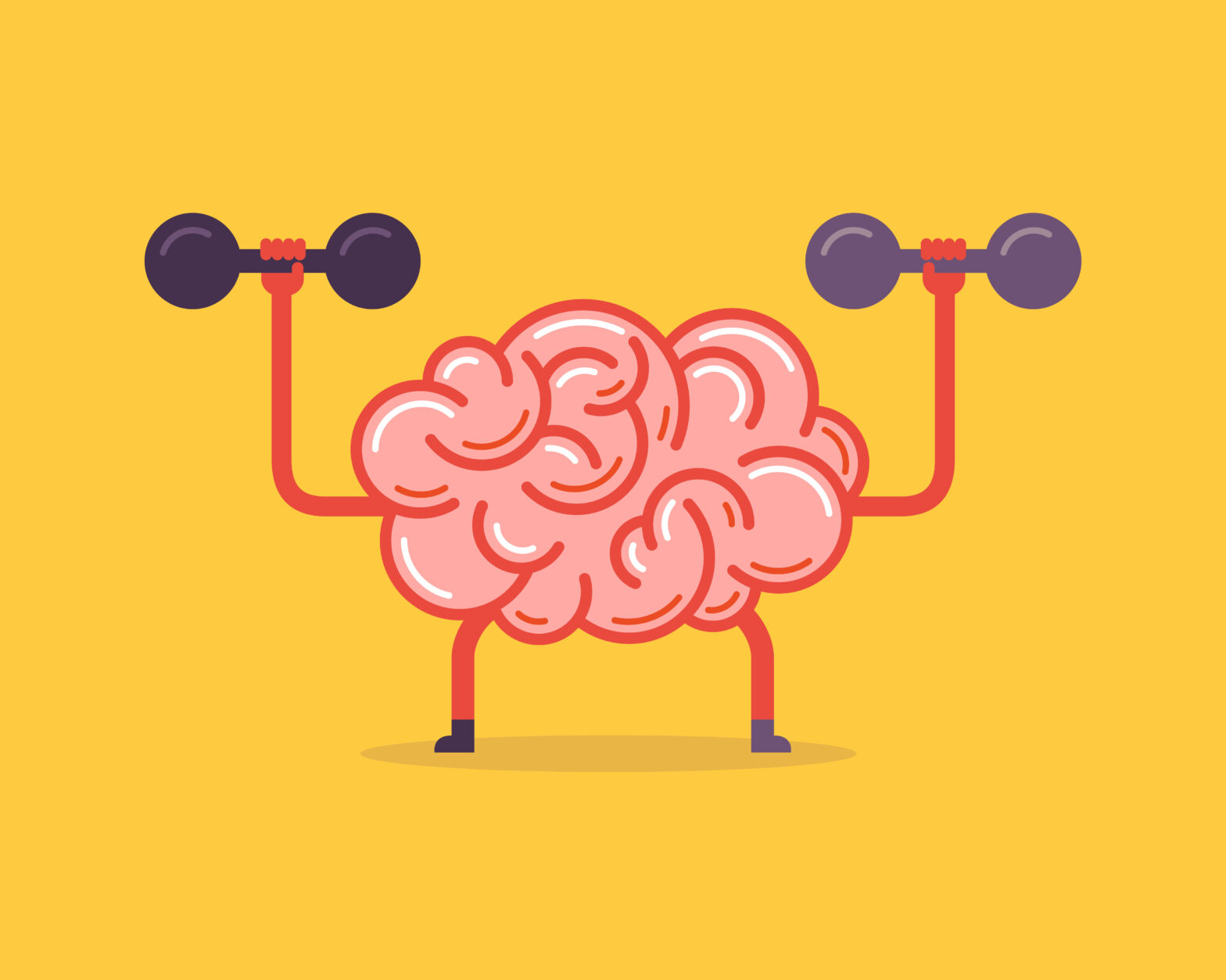Six tips to get your workforce mentally fit
- 4 Min Read
Anji McGrandles, founder of The Mind Tribe and guest on this week’s episode of the HRD Live Podcast, gives you her six tips for improving the mental fitness of your workforce.
- Author: Anji McGrandles
- Date published: Aug 12, 2019
- Categories

This week’s guest on the HRD Live Podcast is Anji McGrandles, wellbeing coach and founder of The Mind Tribe. Anji spoke to Michael Hocking about practical ways that HR professionals and people leaders can more successfully implement mental health and wellbeing initiatives into the workplace, and the demonstrable value of doing so. Here, Anji details her six tips for getting your workforce mentally fit.
With one in six employees currently experiencing mental health problems, taking a positive proactive approach to mental health at work can help you grow your staff and organisation.
In a majority of cases, the causes of mental health problems are triggered by factors outside of the workplace, but these still affect people’s working lives. Our mental health influences how we feel about our jobs, our productivity and relationships with colleagues, customers and clients.
I believe as individuals we are responsible for our own wellbeing, it’s down to us to proactively manage our emotional and mental health as best we can. Employers and line managers are not counsellors, but they hold a duty of care towards their employees and should be able to signpost them and give them the support they need to maintain good mental health at work.
Mental fitness is about creating positive habits that support your mental and emotional health. While we might exercise regularly to keep physically fit we also need to be doing things that keep our brain or our mind fit and there are lots of tools and techniques you can build into your daily routine to up level your mental fitness. Practices like meditation, breath technique and neuro hacking techniques are great tools to flex your mental muscle.
Your brain is the most powerful muscle in your body. Like every muscle, before you exercise it or strengthen it, you have to know what state it is in. There is no point lifting 30-kilo weights when your biceps are only able for 10. Your brain is no different. When you are in tune with your brain you know how to help it. You know when it is trying to rationalise things and aware of the times it just needs a break or a change in scenery.
Good employee mental fitness is crucial to running a successful, sustainable organisation. While mental health campaigns and the support from high-profile faces has raised awareness for mental health in the workplace there’s still a long way to go. A recent CIPD survey revealed 44% of employees said their organisation did not promote health and wellbeing. In the same survey only 28% of employees said they knew what wellbeing benefits were on offer and how to access them.
Implementing a wellbeing programme can be daunting and many businesses don’t know where to begin. There are a lot of mixed message around what workplace wellbeing is, often it’s perceived as fluffy, massages at lunchtime, fruit bowls and gym discounts. While they are nice to have’s they are very transactional and your wellbeing programme needs to be more than that, it needs to be aligned to your wider business goals. If it’s not and there’s no measurement in place then you will struggle to get senior buy in as you won’t be able to evidence the impact. Here’s my top tips on getting your workplace wellbeing programme off the ground:
-
Think about your existing culture and the type of wellbeing culture you want to foster. What is it you want to achieve and how do you want your staff to feel about their place of work? Once you’ve established this work backwards putting in place the steps and strategy to reach your wellbeing goal.
-
Staff engagement is key to making your wellbeing programme succeed so bring people along the journey with you, collaborate rather than dictate.
-
Make wellbeing part of your company DNA, include it in your induction packs, staff personal development plans and company values.
-
It’s no good talking the talk unless you are walking the walk so lead from the top down.
-
Put in place initiatives you can measure and will make an impact.
-
Make it fun!
For more information and support with your wellbeing strategy contact [email protected]








